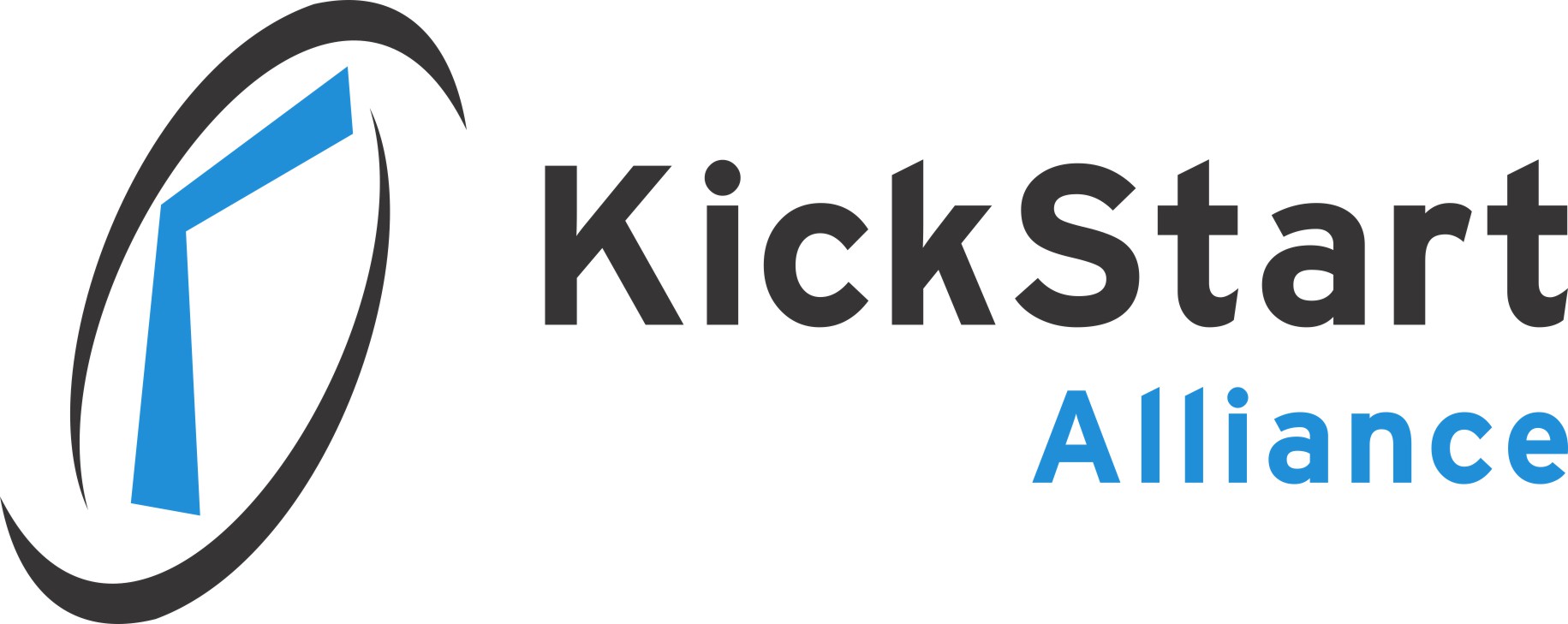What separates world-class customer advisory board (CAB) meetings from the rest? Since 2002 we’ve helped companies design and facilitate more than 100 CABs and executive roundtable (ERT) meetings. And the most successful ones all share the same evaluation results — they inspire the host company, and they engage clients.

KickStart Alliance has helped companies design and execute more than 100 Customer Advisory Board meetings
A VP of marketing once told me his company had just completed their first CAB meeting. They were worried that the meeting would turn into a complaint session, so they invited only the friendliest of customers. They were worried that the group would not engage in conversation, so they filled every minute with lectures and product updates. And they were worried about sharing their “strategic directions” for fear of customers disagreeing with their assumptions, so they kept the conversation at a near meaningless generic level. As a result the VP said he learned absolutely nothing! Everyone enjoyed the open bar and socializing after hours; however, this meeting was a failure. In the words of the VP, “It could have been, and should have been, so much more.”
He’s right. If you are going to invest the time, money, and resources into a CAB program, it must be meaningful to both you and your customers. Here’s what world-class CAB meetings look like.
What “world-class” means to the host company
- You learn something meaningful and important you did not already know. If you find one “aha!” moment during the day or day-and-a-half you spend with this group, you’ve achieved success. However, if all you captured was a “well, that was interesting” summary, then you missed the mark. You also need the second part . . . .
- The feedback you collect can be immediately applied to decisions you are about to make. During the meeting you shared a business hypothesis and tested a couple of possible investment options. Should you pursue path A or path B? Did your clients help you validate your assumptions? Did they question your reasoning? Did they brainstorm with you to help shape your priorities? If the answer is yes to any of these, then the meeting provided you with some important information that should be included (or at least referenced) in your business plan.
- Your clients tell you, “this was a good use of my time”. Executives enjoy Advisory Board meetings because they value exploring topics of strategic interest to them and to you. And, they enjoy comparing notes with their executive peers. When you allow that to happen, the group bonds. This goes far beyond sharing a drink after work; this is about encouraging your customers to talk with each other and to collaborate with you on ways your company can help their businesses (and the industry) move forward. You should ask them this in your CAB evaluation form and ask them to elaborate. What you learn will greatly help you create stickiness and loyalty with your best customers.
What “world-class” means to your customers
- They learn from you and the group. Your customers want to learn from you as much as you want to learn from them. It’s a two-way street. However, that doesn’t mean they want to be lectured. They hate “death by PowerPoint.” They want and expect you to pose thoughtful questions. And, these questions should be provided long before the physical meeting starts. They want to be engaged early. So, give them a few questions early and ask them to chat with their staff about the answers. That way, when they arrive at your meeting, they are armed with relevant and complete information. They love this type of interaction because it rarely happens with their other vendors.
- They know you are listening. I just completed an advisory board and the VP from a major brand tech company pulled me aside to tell me how great the meeting was. I asked him to explain why. He said, “I sit on a number of tech boards and yours is the best because I can tell the executives here are listening to what we are saying. They allow time in the agenda to pursue meaningful conversations. And I can tell they are listening because I see the progress between meetings.”
- They can’t wait to continue the dialog. World-class CABs are more than just isolated meetings; they are programs that continue the conversation. Set up a LinkedIn page, or an intranet site where they can share information with each other in an easy, secure way. You become the curator of the relationships, and your customers will greatly appreciate this.
For more information on CAB best practices and tips and tools, please contact Mike Gospe or KickStart Alliance.

